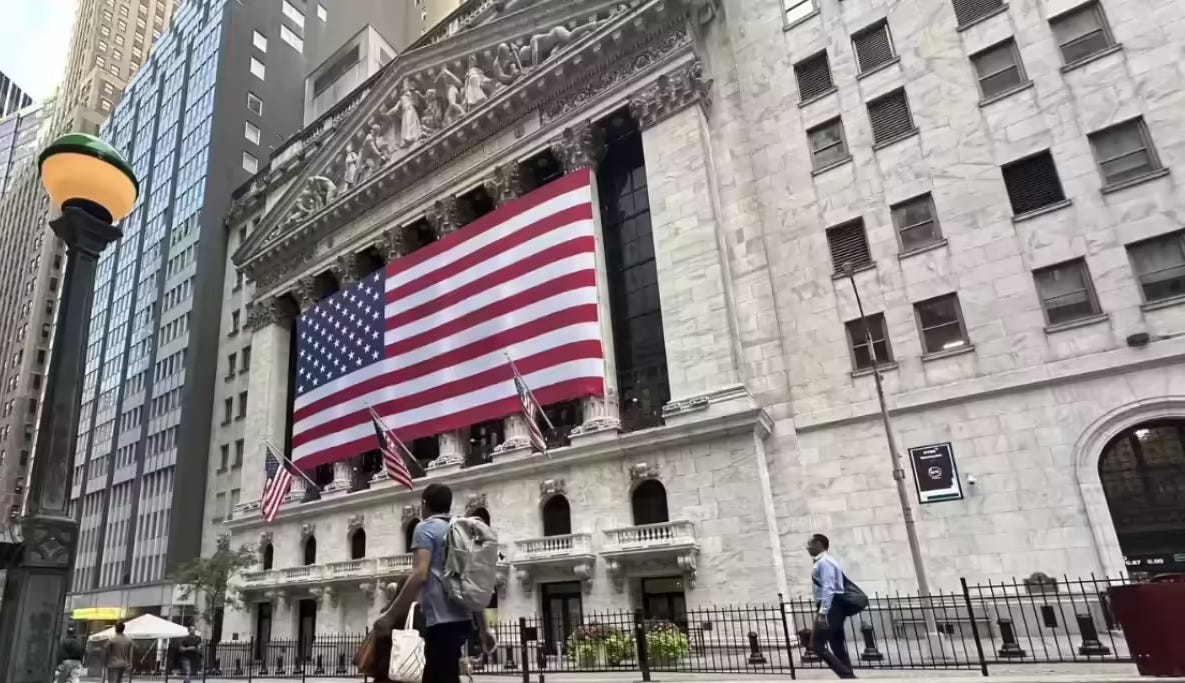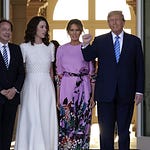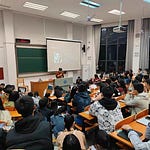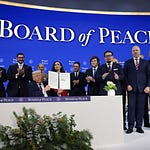Contrary to what many assume, Chinese schools do not demonize the United States. In fact, my middle school textbooks—and our classroom discussions—often painted a more balanced and complex picture of American history than many might expect.
We studied the American Revolution and how the colonies overthrew British rule. We learned about The Declaration of Independence and its iconic call for “life, liberty, and the pursuit of happiness.” We were taught that, for its time, this was a radical and progressive statement of human rights. The Civil War was presented as a morally significant conflict—one that abolished slavery and moved the country, however imperfectly, toward a more just system.
Later chapters covered the Second Industrial Revolution and America’s remarkable technological innovations: electric power, mass production, automobiles, and later the internet and information technology boom. The textbooks clearly acknowledged the country’s global leadership in science and industry.
But the story didn’t stop there.
Our teachers—and our textbooks—also asked us to examine the contradictions. Racial inequality. Wealth disparity. Military interventions. Political lobbying. These weren’t just accusations; they were evidence of a society where capital, not always people, often had the final say.
What We Talked About After Class
I still remember our lunch breaks and late afternoon chats in the hallway. My friends and I, even at that age, were deeply curious about the idea of democracy. Our teachers encouraged these conversations—not to push a single point of view, but to get us thinking critically.
And one question always came up at the end of our discussions:
What if the people themselves are not well-informed? What if they lack education or access to reliable information?
If democracy depends on a majority choosing the right leader—what happens when that majority is shaped by misinformation, media manipulation, or a lack of civic understanding?
It was never about mocking American voters or placing ourselves above others. It was an honest question that still feels relevant today—not just in America, but in any country that claims to speak for its people.
Just because a majority chooses someone doesn’t always mean that leader will serve their true interests. Sometimes, what looks like choice is actually the illusion of choice—curated by media, money, and ideology.
China’s Approach: Learn from the U.S., But Don’t Copy It
After opening up in the late 20th century, China did study the American model—carefully. We adopted modern corporate governance structures, management science, legal frameworks, and market mechanisms. We welcomed foreign capital, and we allowed private enterprise to flourish.
But we made one conscious decision: Capital would serve national development, not dominate it. In China, capital is treated as a tool, not a master.
That’s where the real philosophical split begins.
In the U.S., corporations routinely spend hundreds of millions of dollars lobbying politicians. Wealthy donors shape entire election cycles. Public policies—from healthcare to environmental regulations—are often drafted or blocked based on corporate influence. When insulin prices are unaffordable, or mass shootings continue without change, or housing becomes a commodity rather than a right, we’re seeing symptoms of a deeper illness: capital controlling democracy, instead of democracy controlling capital.
Is “Greatness” Just a Slogan?
Let’s be honest: many Westerners still use the word “great” to describe the United States without asking what that really means. Is a country “great” because it was first to invent the iPhone? Because it has aircraft carriers? Because it exports Netflix?
In our value system, a “great” country must work for its people, not just its billionaires. It must solve basic problems—education, housing, healthcare—not just win elections. It must empower the public, not outsource leadership to marketing teams, lobbyists, or legacy media conglomerates.
So when we hear the phrase “Make America Great Again,” we’re not just skeptical—we’re curious: Great for whom?
If a system leads to elite capture, stagnant wages, unaffordable life, and endless culture wars while the rich grow richer—how is that “greatness”? From our view, that’s not freedom. That’s failure in slow motion.
Final Thought
This piece isn’t about nationalism. It’s not “China good, America bad.” It’s about perspective—and who gets to define progress, power, and people’s interests.
We studied the U.S. closely—not to copy it, but to understand it. And in doing so, we began to understand something deeper:
That real greatness is not just in how high you rise, but whether you remember who you were supposed to lift along the way.











